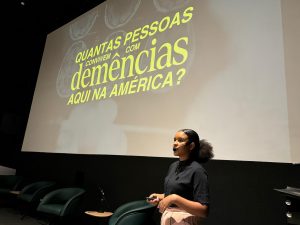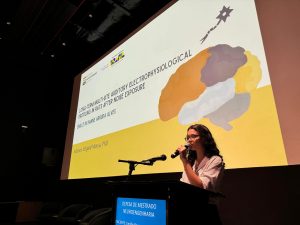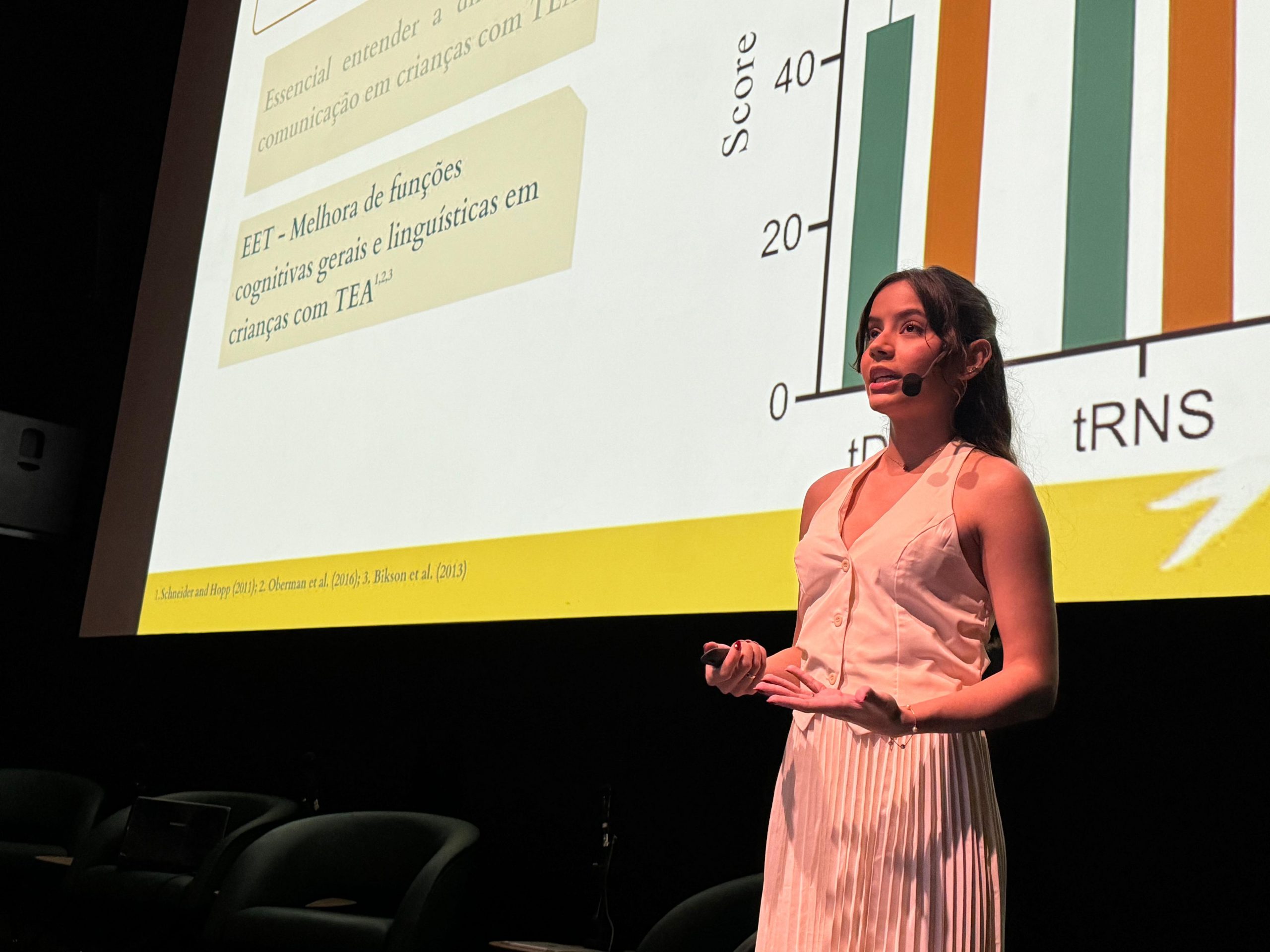The Graduate Program in Neuroengineering at the Santos Dumont Institute (PPGN/ISD) has stood out for its innovative research, with great potential to impact people's quality of life. The most recent master's thesis, defended throughout the month of July, followed this path and addressed diverse topics, always focusing on interdisciplinarity and the practical application of discoveries.
Check out a summary of the research below:
Speech therapist Thays Monteiro investigated the effects of the drug 1A-116 on memory retention, opening new perspectives for the treatment of cognitive deficits in neurodegenerative diseases, such as Alzheimer's. Her study suggests that inhibiting proteins related to forgetting can help preserve episodic memories. Meanwhile, André Oliveira, a control engineer, developed a Brain-Computer Interface system based on Motor Imagery for the rehabilitation of quadriplegics, integrating Functional Electrical Stimulation in a Virtual Reality environment, showing that this combination can significantly improve motor recovery.

In the field of Autism Spectrum Disorder (ASD), electrical engineer Letícia Ainoan studied the effects of transcranial electrical stimulation on the cortical connectivity of autistic children during sleep, expanding the methodological basis for neuromodulation in these cases. In parallel, speech therapist Anna Karoline Almeida explored the combination of language stimulation with transcranial electrical stimulation to improve social communication in children with ASD. Both studies suggest advances in therapeutic approaches in the field of autism.
Ezequiel Ferreira, in turn, developed an electrostimulation system for modulating neural activity in the spinal cord, focusing on low cost and portability, with great potential for advances in personalized medicine. During her master's degree, speech therapist Emille Alves investigated the neurophysiological mechanisms of hearing loss caused by prolonged exposure to intense noise, highlighting how these noises compromise the integrity of the auditory system and proposing a protocol for future research.

Physiotherapist Ericka Serafini explored the use of a brain-computer interface to reorganize the cerebral cortex of individuals with complete spinal cord injury, combining motor imagery with robotic gait training and real-time visual neurofeedback. The results showed effective cortical reorganization and improvements in brain connectivity and neurogenic bladder function, suggesting great potential for clinical rehabilitation. Fellow physiotherapist Izadora Medeiros evaluated the efficacy of dual-task training (cognitive and motor) in people with Parkinson's disease combined with transcranial stimulation, showing that this approach can increase walking speed, reduce the risk of falls and improve patients' quality of life.
Speech therapist Aline Roberta investigated the neurobiological effects of tinnitus and constant noise exposure on the brain, focusing on the auditory cortex and the medial geniculate body, which are fundamental components for auditory processing. Her results indicate a reduction in auditory processing, expanding the understanding of brain changes associated with tinnitus and providing valuable data for future interventions.
Finally, the research of Aliny Vital, who studied the brain's response to stressful situations, and Gilberto Tavares, who investigated the projections between subcortical structures and the medial prefrontal cortex, reinforces the importance of understanding the brain to develop effective interventions in conditions such as anxiety, phobias and stress-related disorders.
These works demonstrate the relevance of interdisciplinary teaching in the development of translational research, which aims not only to better understand brain mechanisms, but also to create concrete solutions to improve people's quality of life, going beyond laboratory benches, to clinics and everyday spaces.
About ISD
The Santos Dumont Institute (ISD) is a Social Organization linked to the Ministry of Education (MEC) and includes the Edmond and Lily Safra International Neuroscience Institute and the Anita Garibaldi Center for Health Education and Research, both in Macaíba. ISD's mission is to promote education for life, forming citizens through integrated teaching, research and extension actions, in addition to contributing to a fairer and more humane transformation of Brazilian social reality.













